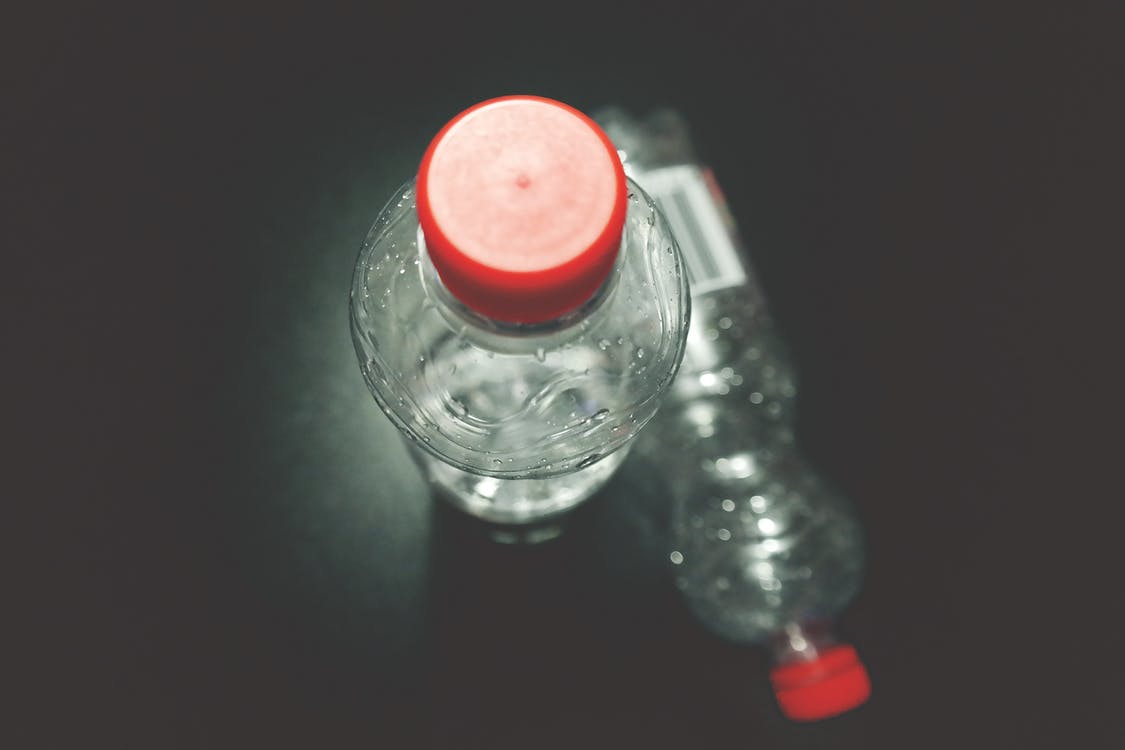In the past 10 years everywhere in the world and in the Balkans, there has been a steady increase in sales of water in plastic tanks or bottles. This is primarily due to the power of advertising and the tricks of manufacturers that have been able to impose the opinion that such water is more natural, and better.
But it is not so – experts say. Namely, the water in the watercourses, that is, the one that we drink from the tap is under state regulation, so its quality is often controlled. This is particularly true of those countries that can be proud of large quantities of potable water, including Balkan countries, which are the third in Europe. In addition, the Balkan countries are among the few countries that guarantee their citizens the public water supply system providing drinking water. The cheapest water pumping and bottling water plant is reportedly worth about two million euros, and the more serious production is not without at least 20 million euros. Ultimately, their owners are profitable on the water in the bottle, and the biggest problem is that their product has no real control.
Poor quality of bottled water
Buying water in bottles is considered redundant due to the quality of the same or lower quality than the water from the water supply system, as well as the dissolution of toxins from the packaging, which harms the health. Most of bottled water passes some processes before being put into a bottle, – including those of a chemical, to have the longer shelf-life. Compared to taps, their quality is lower, say experts. In addition, once the water bottle is opened, there is no way to remain sterile and must be used in a very short time, not to mention the fact that its price is about 400 times higher than tap water. Despite the trend of recycling, still one third of plastic packaging in the world continues to recycle. So plastic water bottles easily become waste and ultimately pollute the planet.


 BiH
BiH
